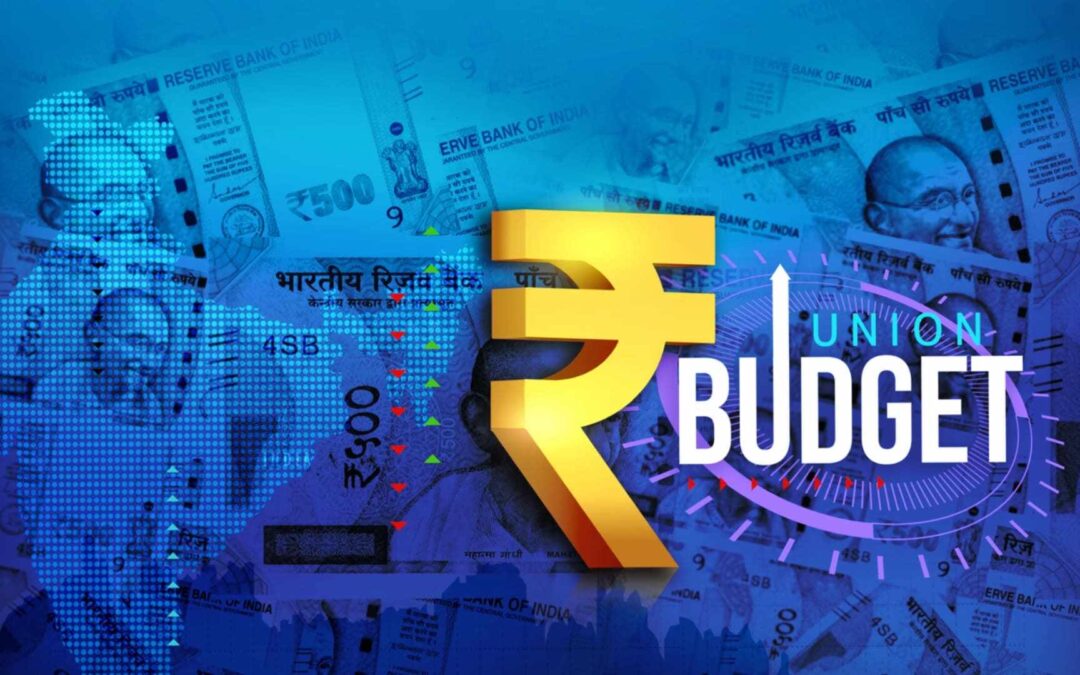The union budget of India is a crucial document for the country’s economic growth and prosperity. It outlines the government’s fiscal policy for the year, including its spending plans, tax proposals and other financial regulations. The union budget is also used to address issues such as poverty, infrastructure development and social welfare in India. Hence, it is mandatory to understand the importance of union budget and the implications it can have in the economy.
In this article, we will explore how union budgets are created and why they are important for India’s economy. We will also look at how union budgets have been used in the past to tackle various challenges facing India today.
Finally, we will discuss potential short-term impacts of union budgets on India’s economy as well as their long-term effects on economic growth. You can also check out the major differences between budget surplus’ and deficits here.
The Importance of the Union Budget in India’s Economic Growth
Among the 5 components of financial planning, Budgeting is the first and most important step. The union budget carries a huge amount of responsibility on its shoulders while also strengthening the country’s economy.
- The union budget of India is an important document in the country’s economy. It serves as the basis for determining how the government’s money should be allocated.
- It outlines the government’s fiscal policy for the year and provides comprehensive information on its spending plans, tax proposals and other financial regulations.
- Through union budgets, governments can address problems such as poverty, infrastructure development and social welfare.
- As union budgets form an important link between the government and its citizens, it is crucial that they are made available to everyone in a timely manner.
- The union budget also plays a major role in increasing investment in India’s economy. It encourages foreign investors to put money into Indian firms and helps businesses to expand.
- By investing in businesses, union budgets can create jobs and help promote economic growth.
- Furthermore, union budgets are instrumental in promoting the country’s infrastructure development, which can lead to increased efficiency and productivity.
Past Union Budgets and Their Effect on India’s Economy
Union budgets have been used in the past to address various issues in India.
For example, union budgets have been used to address poverty through various welfare programs and subsidies.
Union budgets have also been used to invest in infrastructure development, such as roads, railways and ports.
Additionally, union budgets have enabled the government to provide funds for social welfare initiatives such as healthcare and education.
Potential Impact of Union Budgets on India’s Economy
Union budgets can have both short-term and long-term effects on India’s economy.
Short term Impacts
In the short term, union budgets can help boost economic growth by increasing investment in businesses, creating jobs and improving infrastructure.
Additionally, union budgets can provide funds for welfare programs and subsidies to those in need. This can help reduce poverty and inequality, resulting in a stronger economy.
Long term Impacts
In the long term, union budgets can have a positive impact on India’s economy by encouraging foreign investment, creating jobs and promoting infrastructure development.
By investing in businesses, union budgets can help create an environment of innovation and growth. This will ultimately lead to increased economic prosperity.
Furthermore, union budgets can provide funds for social welfare initiatives such as healthcare and education, which can help improve the overall standard of living in India.
Takeaways!
Overall, union budgets play an important role in determining how the government’s money should be allocated. They are essential documents that are used to address various issues facing India today and promote economic growth in the long run.
Therefore, union budgets should be made available to everyone in a timely manner and should be carefully considered by the government when making decisions about India’s fiscal policy.

